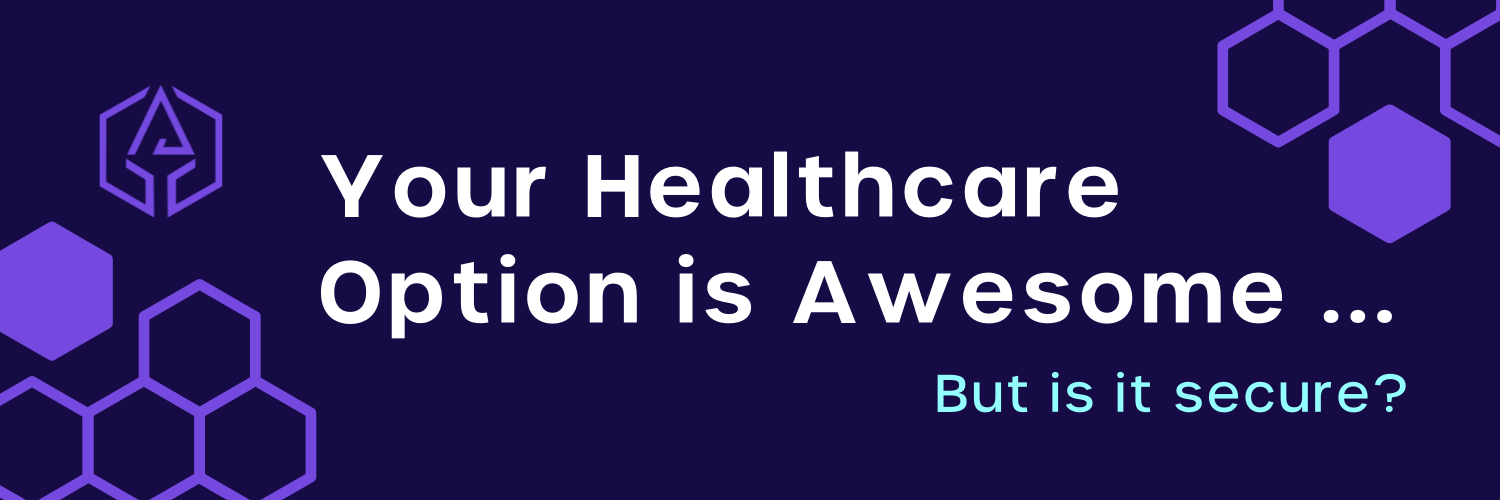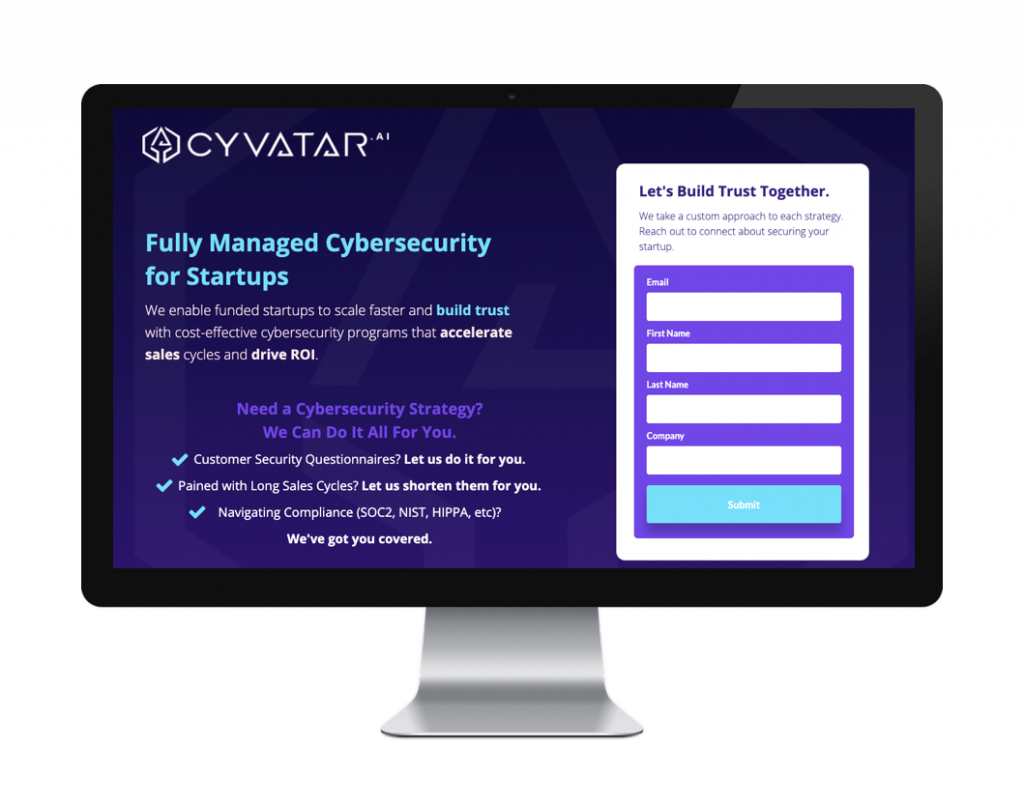Your Healthcare Product Is Awesome—But is it Secure?

Your Healthcare Product Is Awesome—But is it Secure?
Craig Goodwin | 03/03/2021Pitching a product or services offering to a healthcare organization? If so, chances are you’ve already been expected to demonstrate where and how your offering is secure or whether it fits into an established cybersecurity framework like NIST CSF or HITRUST.
If you are well prepared to answer those types of questions, this blog is not for you! If, on the other hand, you’re like the majority of healthcare startups out there, you’ve been heads-down building the awesomeness in your offering and have not yet considered what you should do to meet the cybersecurity needs of your buyers.
Keep in mind that third-party breaches cost healthcare organizations (HCOs) millions of dollars in lost revenue and fines, to say nothing of the negative impact to their operations and the potentially long-term blight on their brands. As a result, HCOs have gotten much better at performing in-depth evaluations of third-party products and services before making a purchase decision.
We know additional scrutiny and higher expectations can put a strain on small startups as they strive to balance the security needs of buyers with the time-to-market necessary for their products and services to be competitive. It’s often not until prospective buyers provide requirements, ask questions about security capabilities, or outline the types of data they need to protect that startups seriously look for ways to integrate security into their offering–and by then it’s a lot more costly and time consuming to make it work.
But with a little bit of research, a little bit of know-how, and a healthy can-do attitude, startups can incorporate security into their offerings before buyers move on to someone else.
Let’s start with some helpful questions:
- Does your product or service connect to or house the protected health information (PHI) or personally identifiable information (PII)? If no part of your offering connects with (or stores) sensitive or confidential data, you’re good to go. If it does, read on!
- How deep is your in-house healthcare security expertise?
- What risk controls do you have in place?
- Can your technology accommodate built-in–or bolt-on–security features?
Now, let’s look at the three pillars of cybersecurity, people, process, and technology, to get some answers.
If you don’t have a good working knowledge of healthcare security in house, get some! Security experts who understand the healthcare industry will make a world of difference in your ability to sell quickly and effectively to HCOs–and you don’t need to hire an expensive in-house team to benefit from their expertise. There are security subscription programs available to give you access to the talent you require, when you require it
People.
Additionally, people are often a healthcare organization’s weakest link. When employees break acceptable use policies, leave sensitive PHI in plain sight, or install unapproved applications on company devices, they leave their network vulnerable to infiltration and exploitation. Security training programs can help users identify threats such as phishing and social engineering attempts, show users what steps to take when something seems suspicious, and raise overall awareness of cybersecurity issues or concerns.
Process.
No matter how groundbreaking your technology is, without the right security controls in place, you will never have a complete solution. Compliance with standards like HIPAA or HITECH will almost certainly be required. Adherence to frameworks like NIST CSF, HITRUST, SOC2, or CMMC may also be high on your buyer’s checklist, so we can’t overstate the importance of sound security processes.
In fact, as Bruce Schneier says, security is a process, not a product. You need processes to ensure your tools are installed and configured correctly and that all issues are remediated as they are found (see “Technology,” below). You should also have dynamic risk-assessment processes beyond an annual review of system vulnerabilities, processes for managing user account access, and a certification process to achieve the credentials and build the frameworks your buyers use.
Technology.
If you’re a software startup, this is your area of expertise. It’s where you shine! If you’re at the beginning of the development process, you’re in luck: You can build your offering using security-by-design principles that will allow you to incorporate healthcare cybersecurity requirements from the outset and leapfrog your competition. If your solution is already built or too close to completion that retrofitting security components is too complex or costly, not to worry! You have options.
There are plenty of tools and services available whose primary focus is to identify and report software weaknesses. Once vulnerabilities are identified, however, you’ll still need resources to remediate them. Don’t make the mistake other startups make by putting remediation tasks on the back burner–it creates too many unmanaged risks that your buyers may uncover during their due diligence.
Instead of pulling technical resources away from valuable product development time or trying to find the resources to hire someone experienced enough to remediate vulnerabilities for you, Cyvatar is here to ensure you get the results you need to succeed.
As the industry’s first subscription-based, cybersecurity-as-a-service (CSaaS) company, it’s our mission to transform the way the security industry builds, sells, and supports cyber solutions. Cyvatar members achieve successful outcomes using our expert advisors, proven technologies, and strategic processes to guarantee results that map to their business drivers. Our approach is rooted in proprietary ICARM (installation, configuration, assessment, remediation, maintenance) methodology that delivers smarter, measurable security solutions for superior compliance and cyber-attack protection faster and more efficiently, all at a fixed monthly price. And because we’re a subscription, members can cancel anytime!
Begin your journey to security confidence with us by visiting https://startup.cyvatar.ai/

